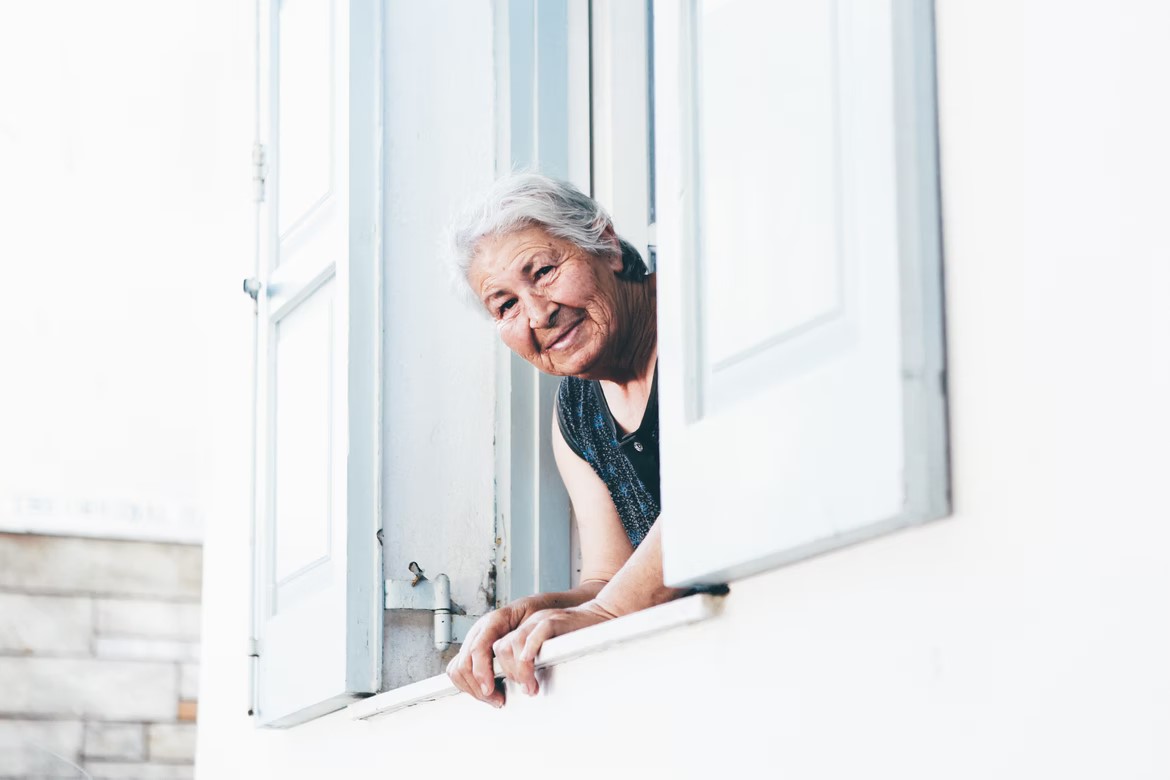The coronavirus is drastically affecting the global population, but seniors are facing more serious challenges and threats. Even if everyone is at risk to catch the virus, seniors face a significant risk of developing severe health issues due to the physiological changes associated with ageing and underlying health problems.
The elderly must have access to healthcare services during the pandemic for primary and emergency health care. Family members, social service providers, healthcare professionals, and community members who care for seniors should support them with all the resources they need. The resources we’re speaking about should include approaches to reach the seniors with the help of technology and telemedicine. Family members should enhance their elders’ digital literacy so they can use mobile apps and devices to receive and access information and communicate with healthcare providers even when they cannot physically visit a health centre.
Here are some recommendations on how to provide elders with access to support and care during the pandemic.
Maintain a healthy and nutritious diet
Even when the world isn’t dealing with a virus pandemic, nutrition can be challenging for seniors. Their sense of taste and smell may change, and they may no longer like to eat some foods. Some drugs and medications can cause side effects that prevent them from eating particular foods or affect their appetite. But COVID-19 has made following a healthy diet even more difficult for them because when they’re isolated at home the entire day, they’re more likely to eat junk food or snack out of boredom. Treating themselves once in a while isn’t bad, but it’s essential for elderly to eat nutritious foods.
Planning ahead is important when trying to maintain a healthy diet. Try to plan your parents or grandparents’ meals a few days in advance to ensure that you have all ingredients. Create a shopping list based on their weekly meal plan so that they don’t have to rely on junk food. Seniors should include in their daily diet vegetables, legumes, beans, fruits, protein and whole grains. The elderly should follow the 80/20 rule, which implies eating healthy foods 80% of the time and other foods for the remaining 20%.
Encourage them to stay active
If they used to attend fitness classes and the gym centres are closed, they may struggle to stay physically active. Physical activity venues are closed in most places, and if the area where they live is densely populated, they may even find it challenging to walk outside the house. But you can help them create an at-home exercise routine that keeps them active and maintains their muscles and joints healthy. Yoga is a popular home workout for elders and has many benefits. They can engage in an online class that is specifically developed for seniors.
There are also many online workouts they can check. It’s important to help them pick the programs designed for older adults as their bodies have special needs. If they can safely go outside, they should consider biking, walking, or hiking to get their heart rate up and soak in the sun.
Physical activity lowers pain, improves mobility, strengthens their mental health, and enhances sleep quality. It’s advisable for seniors to exercise at least 30 minutes daily if they have their doctor’s approval. They should also avoid sitting for too long even if they don’t have plenty to do. Encourage them to move around the house once every hour to get their blood flowing.
Help them exercise their mind
Their cognitive health is as important as the physical one. When they stay in the same environment for long periods and don’t have contact with other people, their cognitive health can deter. It’s challenging to keep their mind active. You can engage in multiple activities and games to help them sharpen their mind. The most popular mental exercises for elders are sudoku, jigsaw puzzles, puzzle games, crossword puzzles, and drawing from memory.
They can also give themselves some small tasks throughout the day to keep their mind sharp and engaged. They can try to spell words backwards, brush their hair with the opposite hand or do other activities that stimulate their brain while at home.
Connect with other people in safe conditions
Socialisation is vital for people of all ages. Elders especially should communicate regularly with their loved ones to maintain their quality of life and mental health. Socialisation also implies seeing their doctors for periodic check-ups. The good news is that technology provides them with all the tools they need to connect with the ones they love or their physicians without exposing themselves to health risks. They can visit a health centre that uses telemedicine to treat the patients while limiting the number of individuals they contact. Studies show that seniors who have larger social networks have a lower risk of cognitive impairment and dementia. Research also shows that loneliness can trigger a functional decline.
Even if it’s not safe at the moment to be in close contact with the people they don’t live with, they can keep in touch with their friends and family with the help of platforms like FaceTime or Skype.
Drink plenty of water
Dehydration is quite common in elders and can trigger multiple health issues. On the other hand, drinking enough water can help them improve their health and boost their immunity, which is of crucial importance during the coronavirus pandemic. Health specialists recommend drinking 64 ounces of water daily. Encourage them to make a habit of drinking water daily. They should have a glass when they wake up and then another one with each meal. You can even install an app on their phone to alert them to drink water. If they don’t like the taste of plain water, you can add flavouring powder or fruits to make it most appealing.
Final words
The pandemic has changed the way people live and interact with others, and for some, it has been tough adjusting to the new circumstances. Taking the above steps can help seniors feel better and boost their health.

